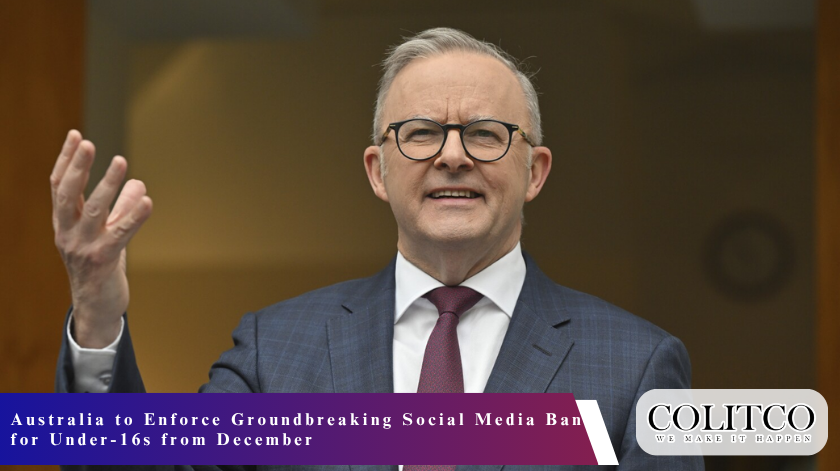Government Moves to Safeguard Children
The Australian Government is moving forward with a world-first ban on social media for people under 16 years old. The authorities plan to introduce the ban to address concerns over children’s mental health and safety. The ban comes after debates about the risks linked to harmful content and cyberbullying circulating on social networks.
Scope of the Ban
Federal officials have confirmed that all Australians under the age of 16 will come under the ban. The government will require social media companies to take what it calls “reasonable steps” to enforce the restrictions. The rules will include the deactivation of existing accounts owned by children under the age threshold. If companies do not comply, they could face fines of up to $50 million.
The authorities will not impose fines or penalties on children or their families. Communications Minister Anika Wells stated, “Platforms will be required to deactivate existing accounts owned by children.” The focus is on service providers and not individual users.
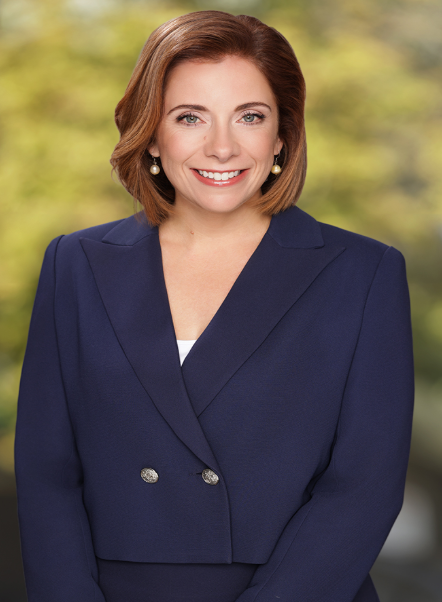
Communications Minister, Anika Wells
Targets of the Restrictions
The government has listed popular platforms such as Facebook, Instagram, Snapchat, TikTok, X, and Reddit for inclusion in the age restrictions. Platforms qualify for the ban if their main or a significant purpose is to enable social interaction between users. If they allow user-generated content or interaction, the ban will apply. Some messaging and educational platforms, including Messenger Kids, WhatsApp, and Google Classroom, will not be covered.
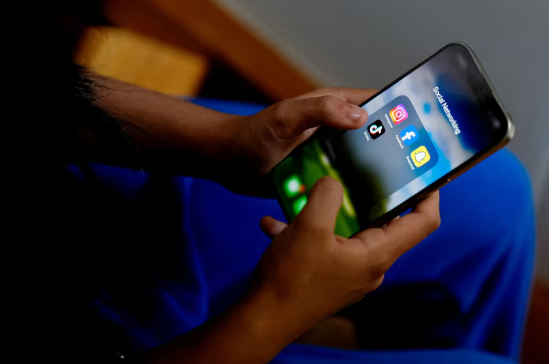
Details on YouTube’s Inclusion
The authorities initially considered an exemption for YouTube. However, eSafety Commissioner Julie Inman Grant recommended its inclusion after a survey of 2,600 children found that four in ten encountered harmful content on the platform. YouTube will be part of the ban, but children will continue to access most videos without an account. The new rules will stop them from commenting, posting content, or viewing age-restricted material. YouTube Kids will remain exempt, as the platform does not allow uploads or comments.
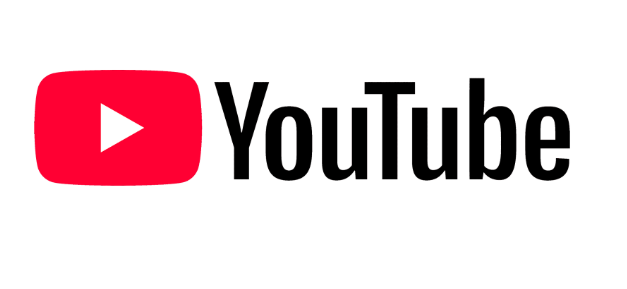
YouTube will be a part of the ban
Age Verification Process Remains Unclear
Details regarding age verification are still under review. The government has decided that while platforms can ask for government identification, they must offer “reasonable alternatives.” The law prohibits companies from requiring ID as a condition for using the service. Providers are testing facial recognition and other technologies for this purpose. Early trials suggest that facial scans could guess ages within 18 months in 85 per cent of tries, but final government recommendations remain pending.
Ms Wells explained, “There is technology and each platform works differently.” She urged companies to work directly with Commissioner Inman Grant to create robust verification systems. Ms Wells concluded, “Reasonable steps is reasonable.”
Timeline for Launch
The ban is set for implementation on December 10. Social media providers must prepare to comply with the new standards by this date.
Exemptions for Online Games
The government confirmed that online video games will not be included. Ms Wells stated that these games present fewer social media-related harms for the demographic compared with mainstream social networks.
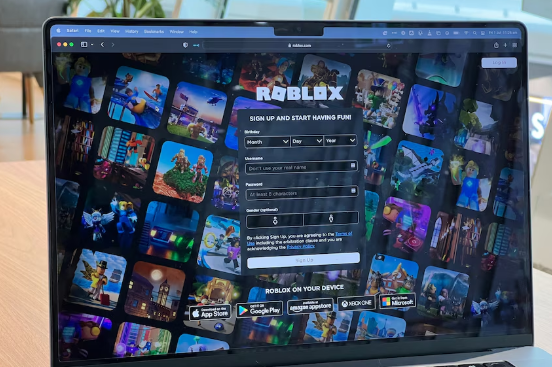
Online games such as Roblox won’t be impacted by the social media ban
Privacy Provisions
The government will prohibit platforms from using age verification data for any other purpose, unless the user gives explicit consent. This restriction will seek to ensure privacy for all Australians involved in the verification process.
Also Read: Australian Inflation Drops Further, Opening Door for Interest Rate Cuts
Ongoing Trials and Next Steps
Final recommendations for the age verification framework will follow the results from national technology trials. Government agencies continue to refine what constitutes “reasonable steps” for companies to verify user ages as December approaches.
Summary
The Australian Government is taking action to minimise risks social media poses to children’s mental health and wellbeing. The authorities have outlined financial penalties for noncompliance and clear timelines. The upcoming ban is set to change the digital landscape for young Australians and place new responsibilities on social media providers.

